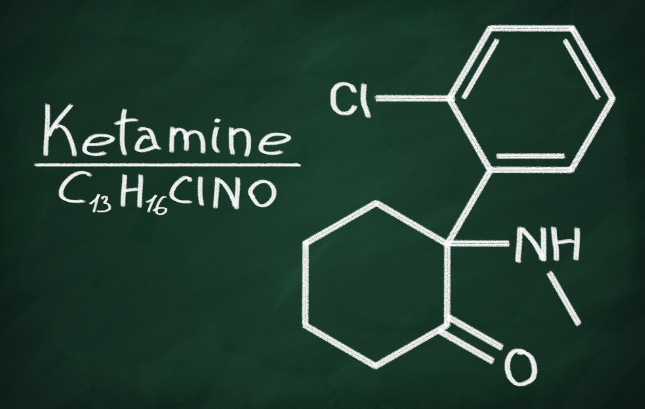Are you or a loved one struggling with depression? Ketamine is an emerging drug that may hold a lot of promise in providing effective treatment. The idea of a drug offering treatment to those with depression sure is exciting.
But it’s also important to remember that ketamine is a drug and shouldn’t be used lightly. What are the facts about ketamine and depression? How can it help you overcome the mental conflict you’re currently facing?
Read on for the inside scoop on ketamine and depression relief.
Table of Contents
1. Ketamine Is Reserved for the Worst Cases
Ketamine is a medication that is most often used in hospital settings to help patients who are suffering from severe depression. It is not a first-line treatment option and is usually only considered when other treatments have failed. Ketamine can cause serious side effects, and should only be used under the supervision of a qualified healthcare professional.
2. Ketamine Isn’t an Easy or Simple Fix
It’s important to know that ketamine is not a simple or easy fix for depression. While it can be an effective treatment for some people, it’s not a cure-all. Also, ketamine can cause side effects, including dizziness, nausea, vomiting, and disorientation. Ketamine should not be in combination with other drugs or alcohol.
People with certain medical conditions, such as heart disease, should not use ketamine. Also, if you have a history of mental health problems, such as psychosis, anxiety, or bipolar disorder, make sure you consult with a doctor first before you use Ketamine for depression and anxiety.
3. Ketamine Costs a Lot
Ketamine is a powerful anesthetic that can be a treatment for depression but it is not a cure. Also, it is a very expensive medication, and the cost can be a barrier to treatment for many people. So it’s important to weigh the costs and benefits before deciding to use it.
4. You Might Take Ketamine Forever or Not
Ketamine is a powerful drug that can be abused. If you take ketamine, it is important to be aware of the risks and to use it only as directed by your doctor. It is usually given as an intravenous infusion or intramuscular injection.
Ketamine works by increasing levels of a neurotransmitter called glutamate in the brain. Glutamate is involved in regulating mood and ketamine may increase its activity to help relieve symptoms of depression.
5. Ketamine Comes With a Risk of Dependence and Abuse
As with any substance, there is a potential for abuse and dependence on ketamine. Those who struggle with depression may be particularly vulnerable to ketamine addiction. It is important to be aware of the risks and to seek help if you or someone you know is struggling with addiction.
Ketamine can be addictive because it produces a short-lived, but intense, high that can be difficult to escape. Depression can make it even harder to resist the drug, as it can seem like the only way to find relief.
Learn More About Ketamine and Depression
Now that you know some facts about ketamine and depression and you or someone you know is struggling with depression, ketamine may be a treatment option to consider. Ketamine has been shown to be effective in treating depression.
But it’s also important to work with a medical professional to ensure ketamine is being used safely and effectively. With ketamine therapy, it’s possible to experience significant relief from depression and other mental health conditions.
Did you find this article helpful? Check out the rest of our blogs!

